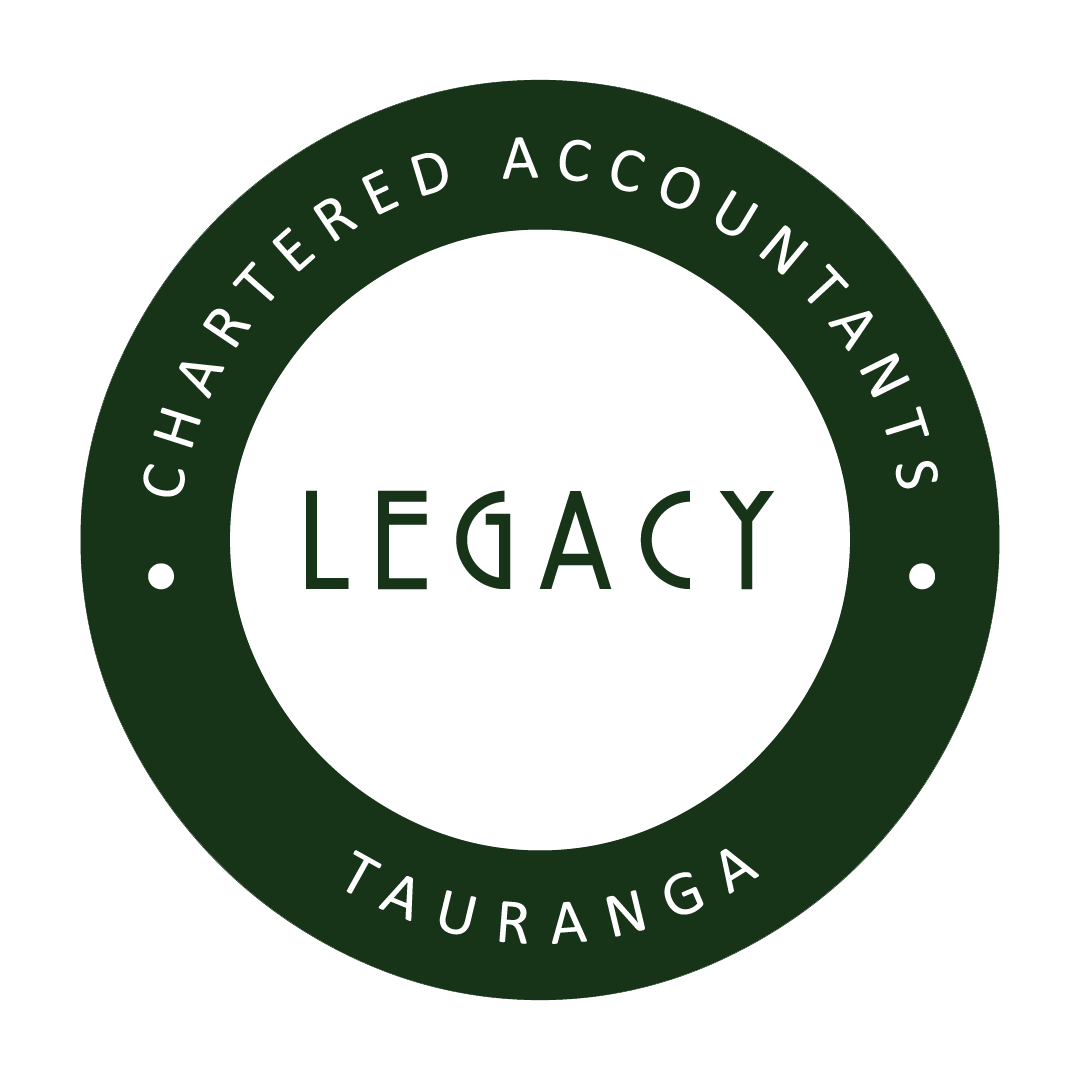Is your business profitable but broke?
Have you ever looked at your profit and loss statement and thought: ‘Wow, I made a good profit last year’ then in the same breath think ‘where did it go’?I am asked this question all the time.
“Turnover is for vanity, profit is for sanity, but only cash is reality”
Basically it comes down to understanding the difference between profit and cash flow.It may sound strange but it IS possible for a company to be profitable but have little or no cash and likewise it IS possible for a company to have positive cash flow and still be unprofitable…Profit is not in itself cash, it is usually the promise of future cash, assuming your debtors pay you and you are able to settle your creditors, but it doesn’t include capital payments (things like loans, asset purchases, asset sales, and the like).A very simplistic example of the difference between the two is below:
- We sell 100 widgets for $1000 each during the 2015 financial year.
- 60 of our clients pay us before the end of the 2015 financial year.
- Each of these widgets cost us $500. We pay for all the widgets before the end of the 2015 financial year.
- We also have a loan payment of $10,000 we have made during the 2015 financial year. This includes interest of $1,000.
 So this company has made a $49,000 profit for the year but has no cash… and don’t forget IRD wants their portion! If this were taxed in a company, you would also owe $13,720 in tax.Profitable but broke How can a company make profits yet have no cash?
So this company has made a $49,000 profit for the year but has no cash… and don’t forget IRD wants their portion! If this were taxed in a company, you would also owe $13,720 in tax.Profitable but broke How can a company make profits yet have no cash?
- Poor collections practice – the company recognises income but is not collecting the cash at a fast enough rate
- Paying suppliers too early
- Servicing loans or purchasing capital equipment
- Large owners’ drawings.
Cash rich but unprofitable Positive cash flow in a given year is not necessarily a sign of profit:
- Cash could be provided by owners’ equity
- Cash could be provided by loans
- Cash could be provided by one-time activity such as an asset sale.
Have you got a cashflow forecast?Cash flow forecasts can help predict upcoming cash surpluses or shortages and help you to make the right decisions. It can help in tax preparation, planning new equipment purchases or identifying if you need to secure a small business loan.This post is from Jason Lougher. Jason is a chartered accountant who moved back to the Bay of Plenty – his favourite part of the world – to work with small and medium enterprises. Jason’s passion is taxation and effective tax structuring, trust set up and intergenerational planning, Inland Revenue audits and tax disputes, and business development. Jason works closely with the other directors to combine their skill sets to achieve the best outcome for clients. Additionally Jason is on the NZICA Bay of Plenty Local Leadership Team and is a Business Mentor with Business Mentors New Zealand.Legacy Chartered Accountants has offices in Whakatane and Tauranga.
